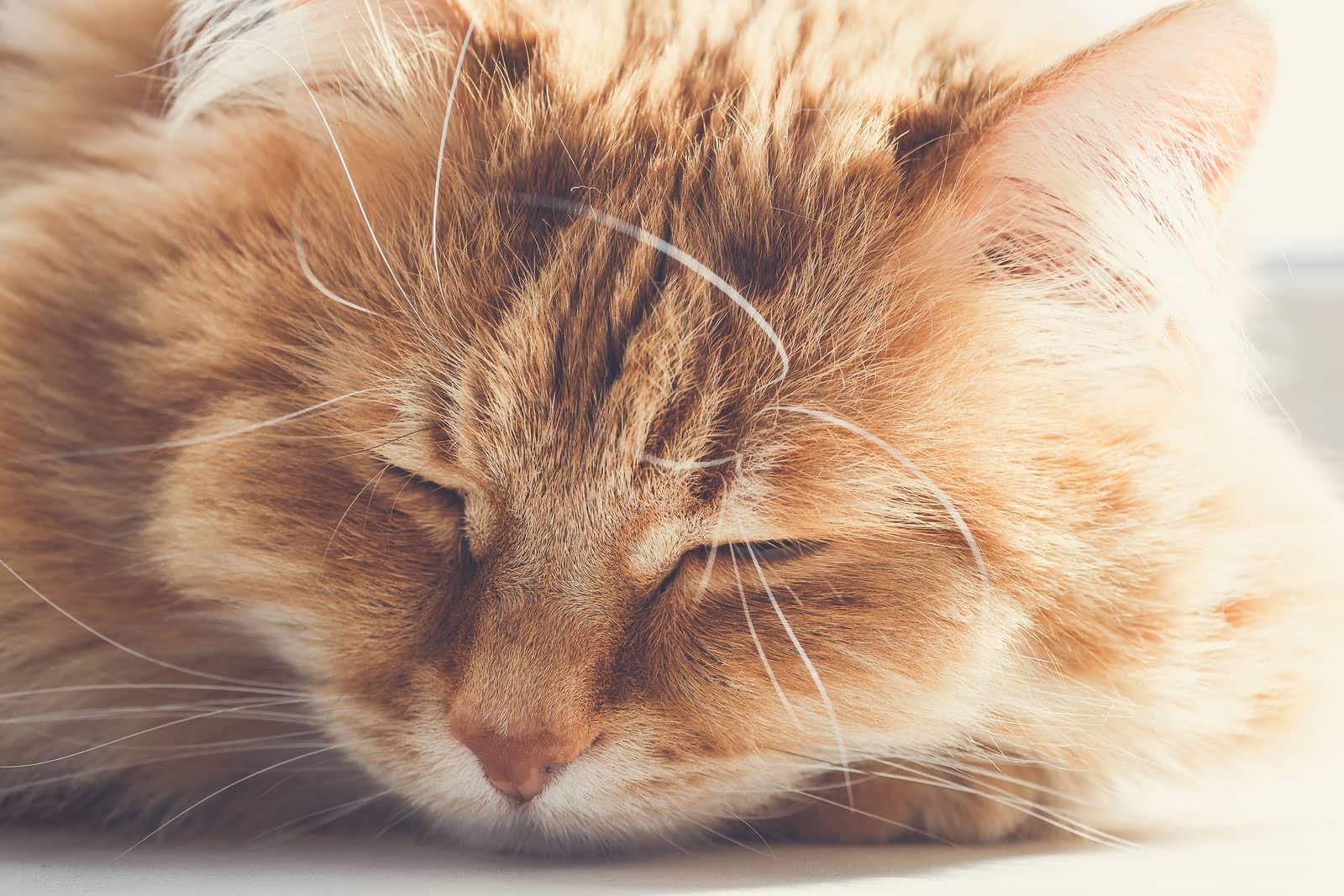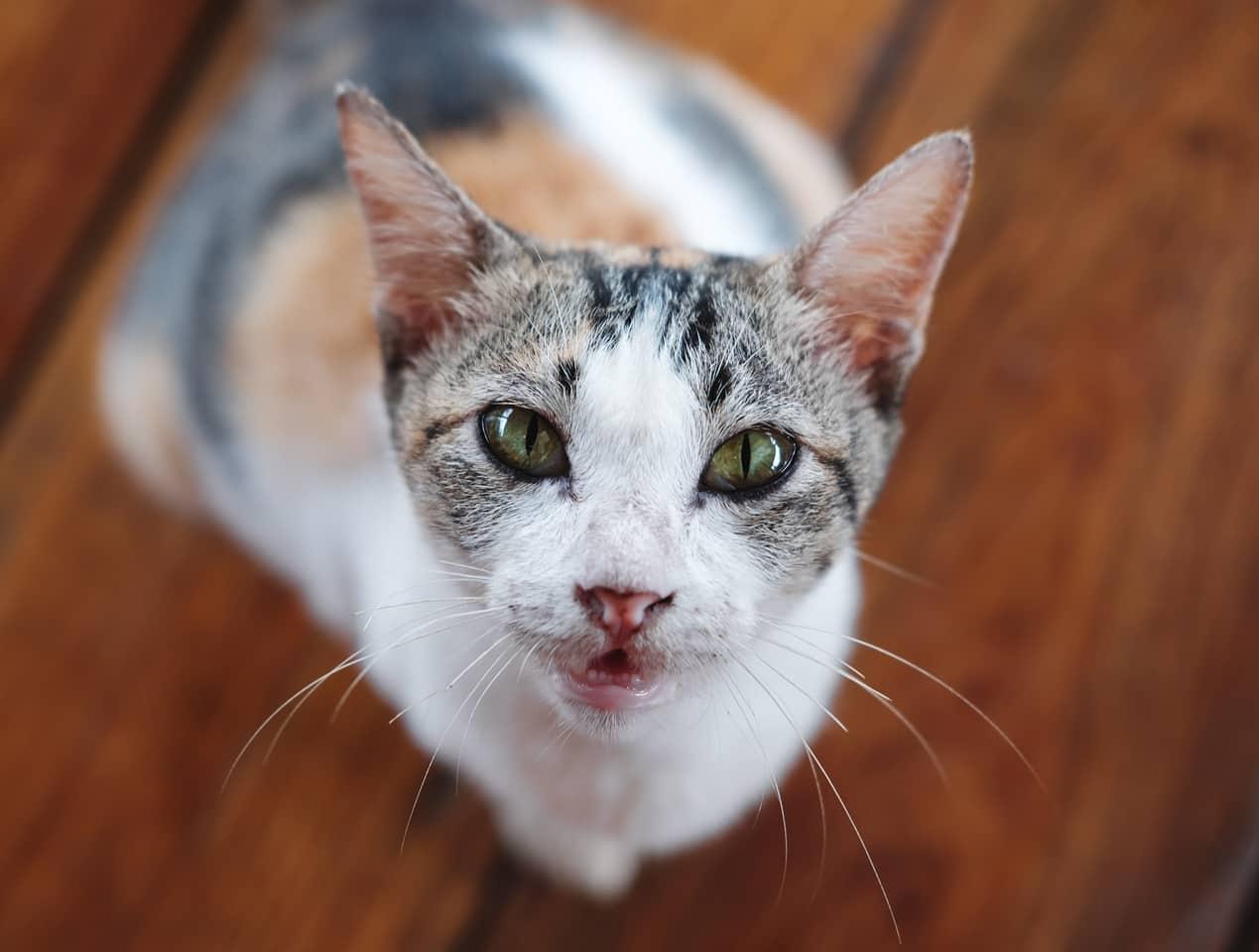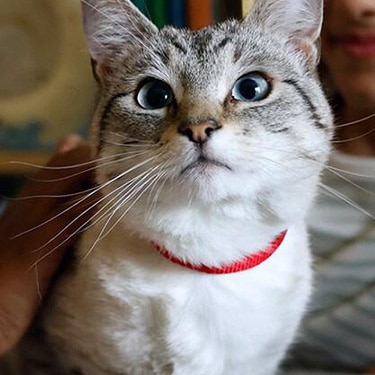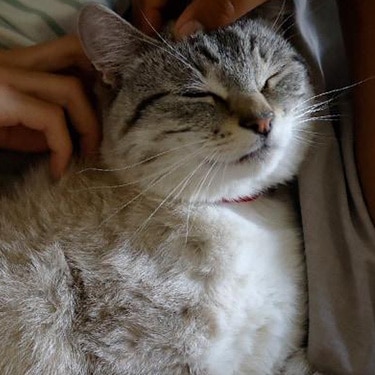
-
Find the right food for your petTake this quiz to see which food may be the best for your furry friend.Find the right food for your petTake this quiz to see which food may be the best for your furry friend.Featured products
 Perfect Digestion Large Breed Puppy Food
Perfect Digestion Large Breed Puppy FoodPrecisely balanced nutrition with Hill's ActivBiome+ prebiotic blend actively contributes to supporting digestive health and overall well-being to help your pet feel their best
Shop Now Small & Mini Mature Adult 7+ Dog Food
Small & Mini Mature Adult 7+ Dog FoodHill's Science Plan Small & Mini Breed Mature Adult Dog Food with Chicken is a complete pet food, specially formulated with ActivBiome+ Multi-Benefit Technology.
Tailored nutrition to support graceful ageing in small dogs. Specially made with a synergistic blend of nutrients for energy & vigor.Shop Now Perfect Digestion Small & Mini Adult Dog Food
Perfect Digestion Small & Mini Adult Dog FoodHill's Science Plan Perfect Digestion Small & Mini Breed Adult Dog Food with Chicken & Brown Rice supports ultimate digestive well-being & a healthy microbiome.
Shop NowFeatured products Hypoallergenic Dry Cat Food
Hypoallergenic Dry Cat FoodHILL'S SCIENCE PLAN Hypoallergenic Adult cat food with egg & insect protein is a complete pet food for adult cat 1–6 years old. It's formulated for cats with delicate skin and stomach, with limited high quality novel protein sources & no grain.
Shop Now Hairball & Perfect Coat Adult Cat Food
Hairball & Perfect Coat Adult Cat FoodHill's Science Plan HAIRBALL & PERFECT COAT Adult cat food with Chicken is specially formulated to effectively help avoid hairball formation in adult cats while promoting a beautiful coat. Thanks to its mix of essential Omega-6 fatty acids, this food benefits the cat's skin and fur keeping them healthy and shiny. Our Advanced Fibre Technology helps reduce hairballs by naturally promoting their passage through the gut. This food is formulated with high-quality protein for a perfectly balanced, great-tasting recipe.
Shop Now Kitten Food
Kitten FoodHill's Science Plan Kitten Wet Cat Food Premium Chunks in Sauce with Chicken is a complete pet food for kittens and for pregnant or nursing cats
Shop Now -
Dog
- Dog Tips & Articles
-
Health Category
- Weight
- Food & Environmental Sensitivities
- Urinary
- Digestive
- Joint
- Kidney
-
Life Stage
- Puppy Nutrition
- Adult Nutrition
- Senior Nutrition
Cat- Cat Tips & Articles
-
Health Category
- Weight
- Skin & Food Sensitivities
- Urinary
- Digestive
- Kidney
-
Life Stage
- Kitten Nutrition
- Adult Nutrition
Featured articles The Right Diet For Your Pet
The Right Diet For Your PetLearn what to look for in healthy pet food & nutrition, including ingredients, quality of the manufacturer, your pet's age, and any special needs they have
Read More Understanding Your Pet's Microbiome
Understanding Your Pet's MicrobiomeLearn what a pet's microbiome is, how it contributes to your pet's gut & overall health, and why nutrition is important in maintaining healthy microbiomes.
Read More Pet Food Storage Tips
Pet Food Storage TipsWhere you store your cat and dog food can make a big difference in the quality and freshness once it is opened. Here are some common questions and recommendations for optimal storage for all of Hill’s dry and canned cat and dog food.
Read More -


It's not just humans: cats can get dementia, too, also known as cognitive dysfunction. Unfortunately, cats that are lucky to live a long life may experience some level of cat dementia. Geriatric cats that appear to be "confused" could be experiencing something more specific than "just old age."
Older Cats: A New Field of Study
Feline dementia is a tricky disease and is sometimes under-diagnosed, under-treated and misunderstood by veterinarians and pet parents, alike. Now that cats are living longer than ever before, diagnoses are becoming more and more common.
Cats with dementia show signs similar to humans with senile dementia or Alzheimer's disease. In light of advancements in human dementia treatment, veterinary professionals are starting to wonder whether there's something they can do about cat dementia.

The Signs of Cognitive Dysfunction in Cats
Like any other organ, the brain deteriorates with age. The ageing feline brain often starts to show signs of wear and tear between the ages of 10 to 15, after which these signs may seem to accelerate as the disease progresses and the signs become more noticeable.
The typical signs of cat dementia include::
- Generalised disorientation (confusion about where they are, aimless wandering, missing cues associated with scheduled events like feeding time)
- Reduced activity less and decreased interest in play
- Changes in the sleep-wake cycle (remaining awake throughout the whole night and sleeping all through the day, heedless of human activity)
- Reduced interest in food, water, feline housemates and human interaction
- Going outside the litter box
- Vocalising (meowing loudly, especially at night)
Veterinary medicine is still searching for answers regarding feline dementia. Is feline dementia attributable to a specific neurological disorder? Is it identical to the process observed in people? Can it be treated?


Tasty Tips
Is It Feline Dementia or Another Condition?
There are a variety of geriatric diseases that have signs that are similar to the signs of feline dementia. Since they tend to occur during the same stage of life, a thorough evaluation by a veterinarian is warranted to ensure that your cat receives the proper treatment and care. It is always better to catch things early!
Hyperthyroidism
An overactive thyroid gland that produces too much thyroid hormone is a common disorder diagnosed in older cats. An excess of thyroid hormone can interfere with organ function, including the brain, explains the Cornell Feline Health Center. It makes cats hungry, for one, and they may beg for food incessantly. It can also lead to increased activity and vocalisation which could be confused with dementia.Your veterinarian may prescribe a blood test to check out your kitty's thyroid function.
Hypertension
Cats can get high blood pressure, too. According to the Cornell Feline Health Center, kidney and thyroid disease are the most common causes. High blood pressure can lead to blindness and result in anxiety and confusion. Your veterinarian can take a blood pressure reading to help rule this out.
Deafness and Sensory Decline
Deaf cats don't know their own meow volume. This can factor into your cat's behaviour, much like it does with older people who tend to become more disoriented when auditory cues in the environment become less perceptible to them. In much the same way, blindness will also contribute to an older cat's confusion.
Arthritis or other causes of Chronic Pain
It's really hard to identify pain in cats since most cats don't carry on like humans do when they're uncomfortable. Most choose to hide their discomfort as a survival mechanism. However, older cats who suffer from pain are more hesitant to step into the litter box due to discomfort and have accidents outside the litterbox. They may also be less active and willing to play.
Brain Tumours or Other Neurological Conditions
Brain tumours are a possibility for older cats who show signs of dementia. Tumours can lead to seizures and collapse, but all kinds of abnormal behaviour such as incoordination or reacting to 'invisible' objects are suspect, too. Many other neurological diseases can also lead to signs similar to those seen in cats with dementia.

How to Help Your Older Cat
Any senior cat with signs of dementia should ideally be tested for all the diseases that can mimic or accompany it. If your cat is suffering from feline dementia or confusion, here's what you can do to keep your cat safe and comfortable:
- Keep them indoors and be aware of roaming.
- Maintain a regular feeding and home lighting schedule to help keep them oriented.
- Avoid major household changes (such as adopting a new pet or moving).
- Food with vitamin E and antioxidants are important nutrients for brain health.
- Make litter boxes extra-accessible with a ramp or a shallow tray.
- Offer simple geriatric cat niceties like extra beds and accessible warm spots.
- See your vet for regular care.
It's critical for any cat who shows any signs of dementia to see a veterinarian as soon as possible. It's important for pet parents to know that their cats are not "just getting old" — they may be experiencing a true disease that requires a little extra care, and because it's not as easy to determine if your cat is confused as it is in humans, understanding your cat's normal behaviour is a critical first step in diagnosing cat dementia.


Dr. Patty Khuly is an award-winning veterinarian known for her independent thinking, her spirited pet advocacy, her passion for the veterinary profession, and her famously irreverent pet health writing.
Dr. K is an honors graduate of both Wellesley College and the University of Pennsylvania School of Veterinary Medicine. She received her MBA at The Wharton School of Business as part of the prestigious VMD/MBA dual-degree program. She now owns Sunset Animal Clinic, a veterinary practice in Miami, Florida.
Related products

Hill's Science Plan Adult Cat Food with Chicken is a complete pet food, specially formulated with ActivBiome+ Multi-Benefit Technology.
This food is specially formulated to fuel the energy needs of cats during the prime of their life.

Hill's Science Plan HAIRBALL & PERFECT COAT Adult cat food with Chicken is specially formulated to effectively help avoid hairball formation in adult cats while promoting a beautiful coat. Thanks to its mix of essential Omega-6 fatty acids, this food benefits the cat's skin and fur keeping them healthy and shiny. Our Advanced Fibre Technology helps reduce hairballs by naturally promoting their passage through the gut. This food is formulated with high-quality protein for a perfectly balanced, great-tasting recipe.

Hill's Science Plan Kitten Wet Cat Food Premium Chunks in Sauce with Chicken is a complete pet food for kittens and for pregnant or nursing cats

HILL'S SCIENCE PLAN Hypoallergenic Adult cat food with egg & insect protein is a complete pet food for adult cat 1–6 years old. It's formulated for cats with delicate skin and stomach, with limited high quality novel protein sources & no grain.
Related articles

Discover what you can do to spot and support a sensitive cat stomach. See what routines and food you can implement to help your cat be happy and healthy.

When learning how to train your cat, you'll start with very basic first steps that both reward good behavior and discourage the bad.

Discover which cat toys games your feline friend might like, and how they are great sources of exercise. Explore our library of articles to learn more.

Find out about how you can support your cat's digestion to boost overall health. Diet is key to a long and happy life for your cat, so discover what you can do.

Put your cat on a diet without them knowing
Our low calorie formula helps you control your cat's weight. It's packed with high-quality protein for building lean muscles, and made with purposeful ingredients for a flavorful, nutritious meal. Clinically proven antioxidants, Vitamin C+E, help promote a healthy immune system.
Put your cat on a diet without them knowing
Our low calorie formula helps you control your cat's weight. It's packed with high-quality protein for building lean muscles, and made with purposeful ingredients for a flavorful, nutritious meal. Clinically proven antioxidants, Vitamin C+E, help promote a healthy immune system.

